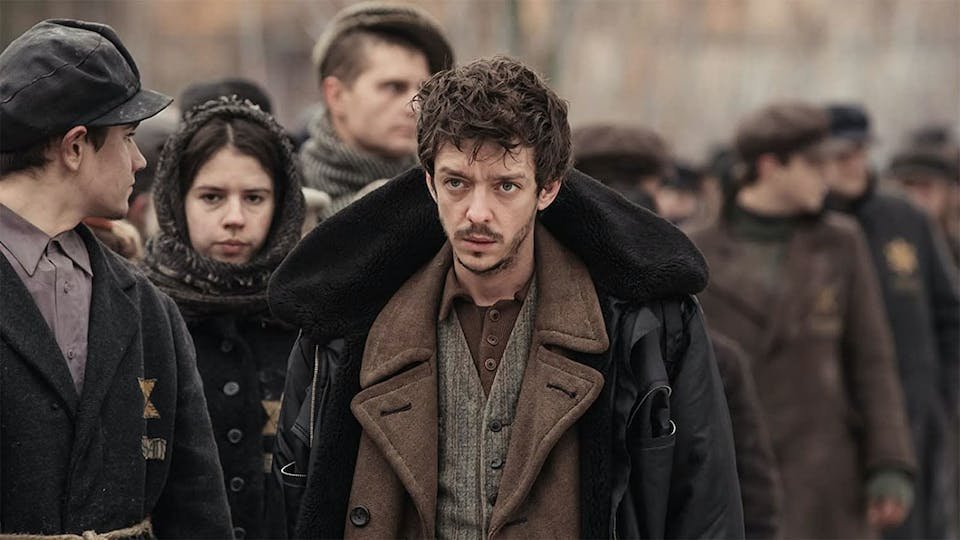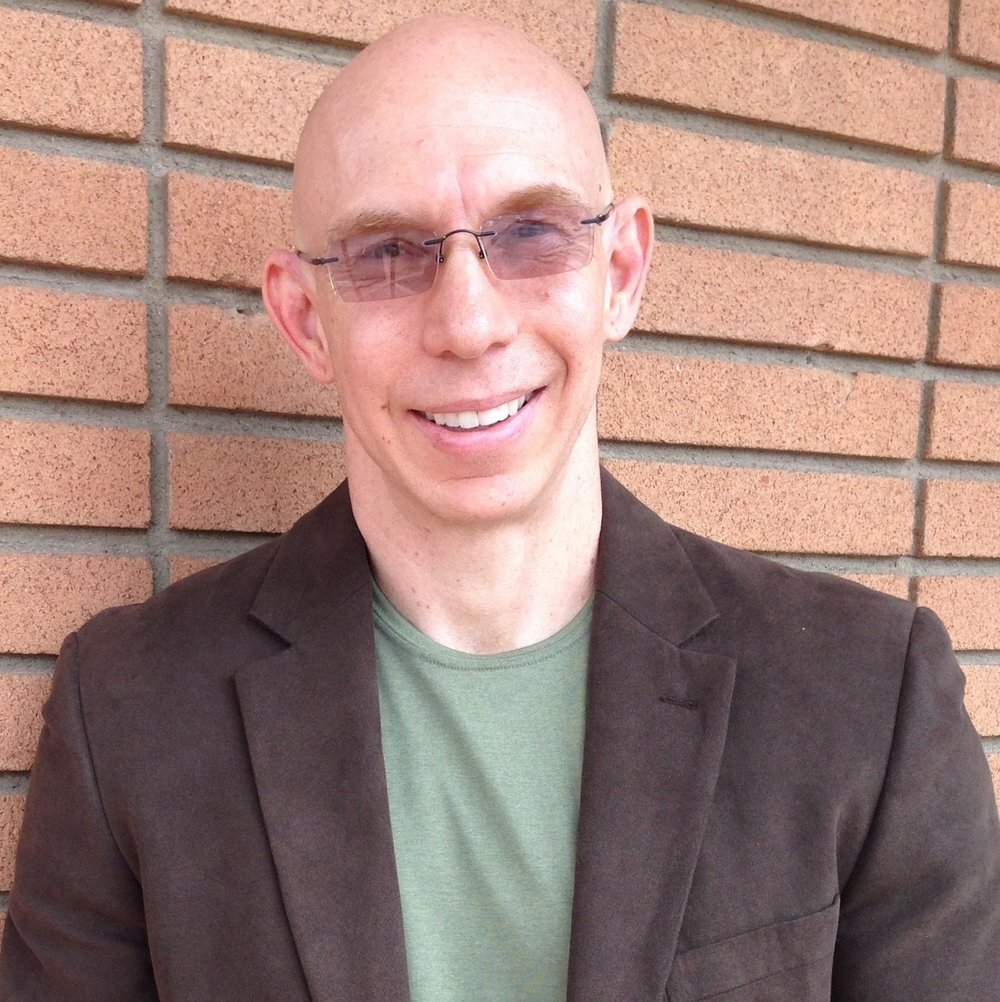Directed by: Vadim Perelman
Written by: Ilja Zofin
Starring: Nahuel Perez Biscayart, Lars Eidinger, Jonas Nay, Alexander Beyer, and Leonie Benesch
Runtime: 127 minutes
‘Persian Lessons’: This WWII concentration camp story speaks to compelling, stressful cinema
In director Vadim Perelman’s WWII film, Klaus (Lars Eidinger) insists that Reza (Nahuel Perez Biscayart) teach him Farsi. After the war, Klaus wishes to move to Tehran and open a restaurant, so speaking the local language – obviously - would be helpful.
Here’s the problem. Reza doesn’t know Farsi. It’s not his native language, and even though Reza claims to be Persian, he isn’t.
Why does Klaus insist on Reza becoming his tutor? Why is Reza playing a charade?
“Persian Lessons” isn’t a traditional battlefield WWII picture, but Reza is forced to play a battle of wits, and his life will surely end if he makes a mistake.
You see, Reza is a Jewish Frenchman. The Germans capture him, and he confronts a mindless, on-the-spot execution in the middle of a forest. In a last-ditch effort to survive, Reza falsely declares that he’s Persian. Luckily for him, the SS soldiers knew Deputy Commandant Klaus Koch’s hopes of finding a Farsi instructor. Reza’s life is miraculously saved…for the moment.
Ah, if only he knew Farsi.
Now, our entrapped lead will attempt to teach – to him - an unknown language in close quarters, one-on-one, facing a face of evil who could slay Reza faster than you can say, “heartless murder.”
The screenplay, written by Ilja Zofin, was adapted from Wolfgang Kohlhaase’s short story, “Erfindung Einer Sprache” (which translates to “Invention of a Language”), and Reza does precisely that. He needs to invent his version of Farsi each day, which seems impossible. How can he instantly conjure up words one afternoon and then remember them exactly – the way he made them up - the next day, the day after, and the day after that?
What noun, verb, adjective, adverb, preposition, or indefinite article did he randomly supply to Koch last month?
Would Koch immediately kill Reza if he discovers the truth? Absolutely. Perelman and Eidinger reinforce this point with our introduction to Koch – very early in the first act - as he shouts, berates, and belittles a subordinate on her messy penmanship.
The film pits Reza and the movie audience into a suffocating, stressful quandary over 127 minutes. When Commandant Koch asks Reza (whose real name is Gilles) the Persian word for bread, fork, spoon, tree, or anything else, we hang on every millisecond of the prisoner’s thought process and response. Sometimes, the waiting game can be agonizing, like walking into a minefield and wondering when the next step will be Reza’s last.
You can cut the tension with a Nahkampfmesser, and these frequent encounters create frightening and compelling cinema. Eidinger and Biscayart feed off each other’s characters in this inequitable, unjust dynamic, and their relationship transforms a bit. A reverse Stockholm syndrome somewhat emerges. Koch develops a reliance on – and finds value in – Reza, more accurately, value in his work, a unique thought from a SS officer. Reza performs an indispensable, transactional service. Koch shows appreciation by offering Reza some old apparel but adds that they no longer fit (him) because he’s gained weight while running this camp. It is a particularly telling and insensitive comment because this critic recently visited Dachau concentration camp, and the guide stated that prisoners received about 200 calories of food a day.
And if Koch discovers the truth, his shattered faith will only escalate his ire.
Zofin’s screenplay doesn’t solely focus on these Persian lessons, as the story dives into the internal politics between the German officers and soldiers, which is a curious choice. Although, these subplots and exchanges highlight Koch’s colleagues’ doubts about Reza’s heritage, another pillar of doom for our lead.
While the Germans - Max (Jonas May), Elsa (Leonie Benesch), or the Camp Commandant (Alexander Breyer) - discuss Reza and debate demotions and camp command structures, our thoughts also linger with worry on Reza’s next linguistic lecture.
Cinematographer Vladislav Opelyants lathers this isolated dwelling of death with dank, dusty, and depressing browns, grays, and greens, reflecting the lack of hope for Reza and the others. However, we don’t meet other prisoners, except for a pair of brothers from Italy.
Still, executions transpire without warning, and on one random day, filled bunks are suddenly emptied. Death or the threat of it surrounds Reza, and his only possible recourse is convincing Koch that he’s genuinely learning Farsi. For how long?
Jeff’s ranking
3/4 stars














